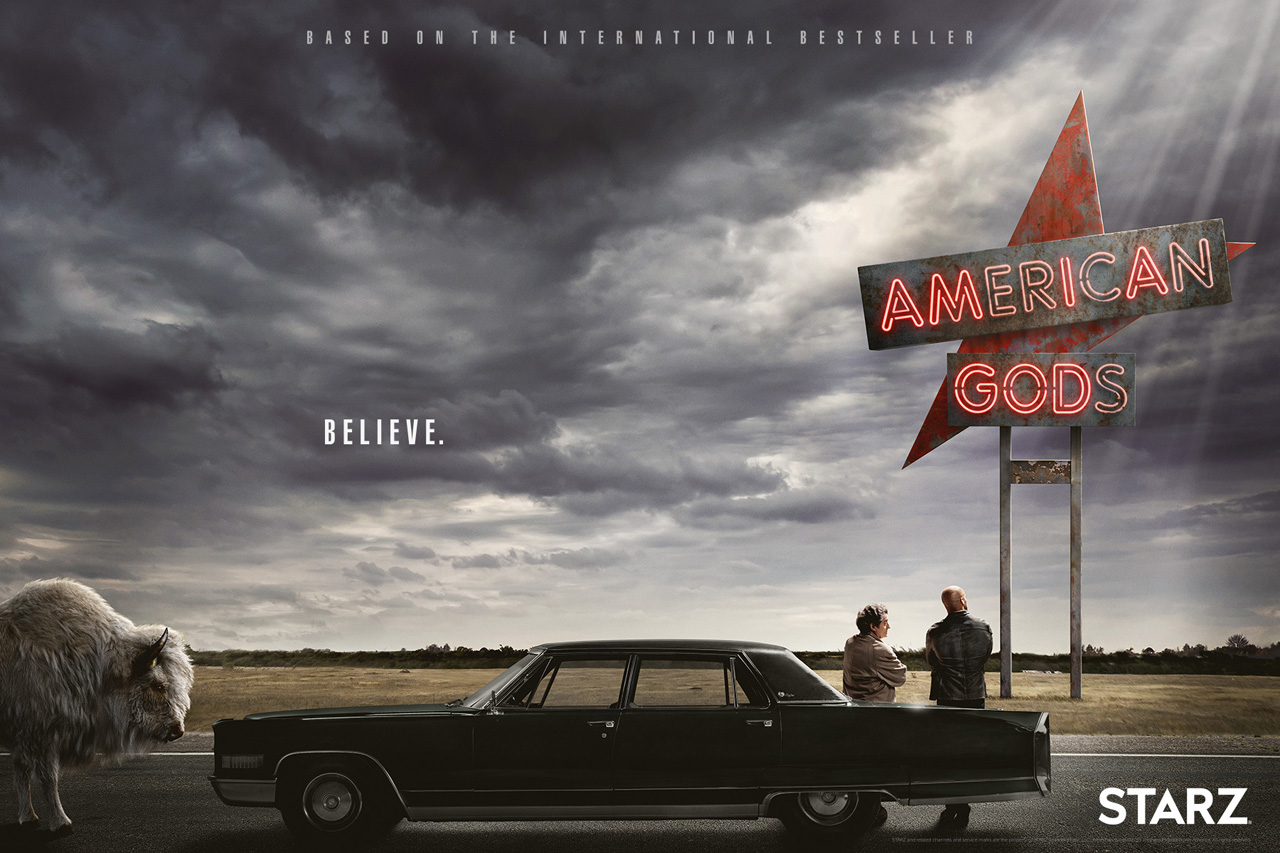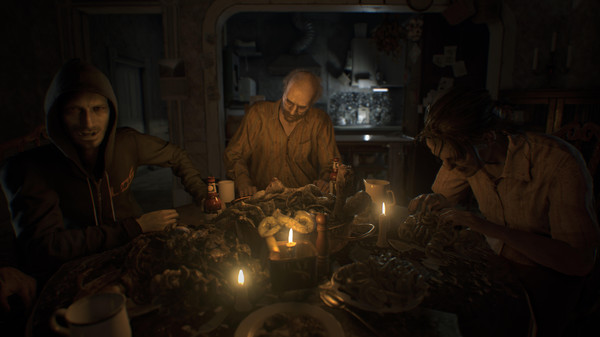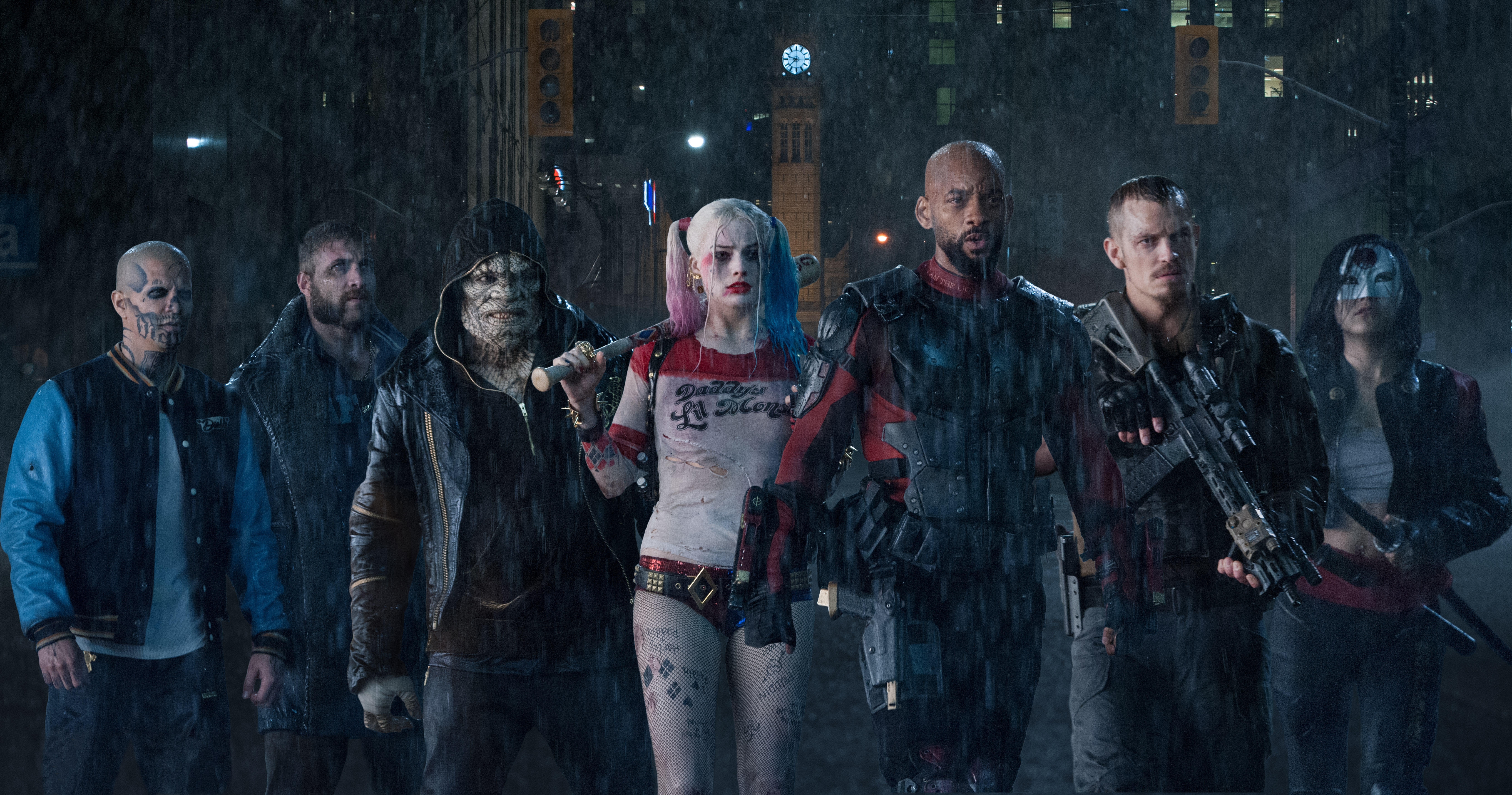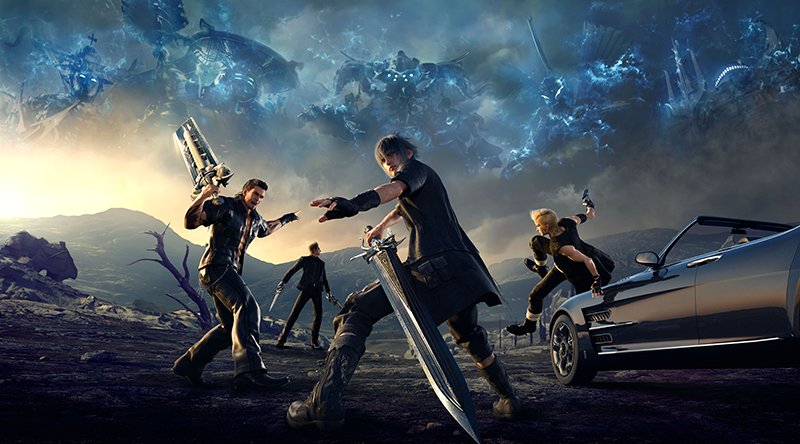Adaptations have to toe a fine line with their audiences. On the one hand, one must consider the newcomers first. If the adaptation fails to tell a compelling story on its own merits, then it doesn’t matter how true to the original it is. On the other hand, if an adaptation strays too far from the essence of what made the source material appealing, it risks alienating its base. The first episode of American Gods is a gorgeous, at times fascinating interpretation of the book. It moves briskly, features incredible cinematography, and certainly entertains. And yet, it shows signs of being both too literal in its portrayal of the book, and not quite true enough to what made it interesting in the first place.
A great example comes early in the episode, when Shadow, the protagonist, is turned away by an airport employee. He flashes back to a conversation he had in prison. A fellow inmate tells him about how he once got out, but after feeling disrespected by an airport attendant, he lost control and ended up back in prison. Shadow remarks that perhaps the lesson here is that prison culture encourages a type of behavior which, when applied to the real world, is instead harmful. “No,” the inmate insists. The real lesson is “don’t piss off those bitches in airports.”




